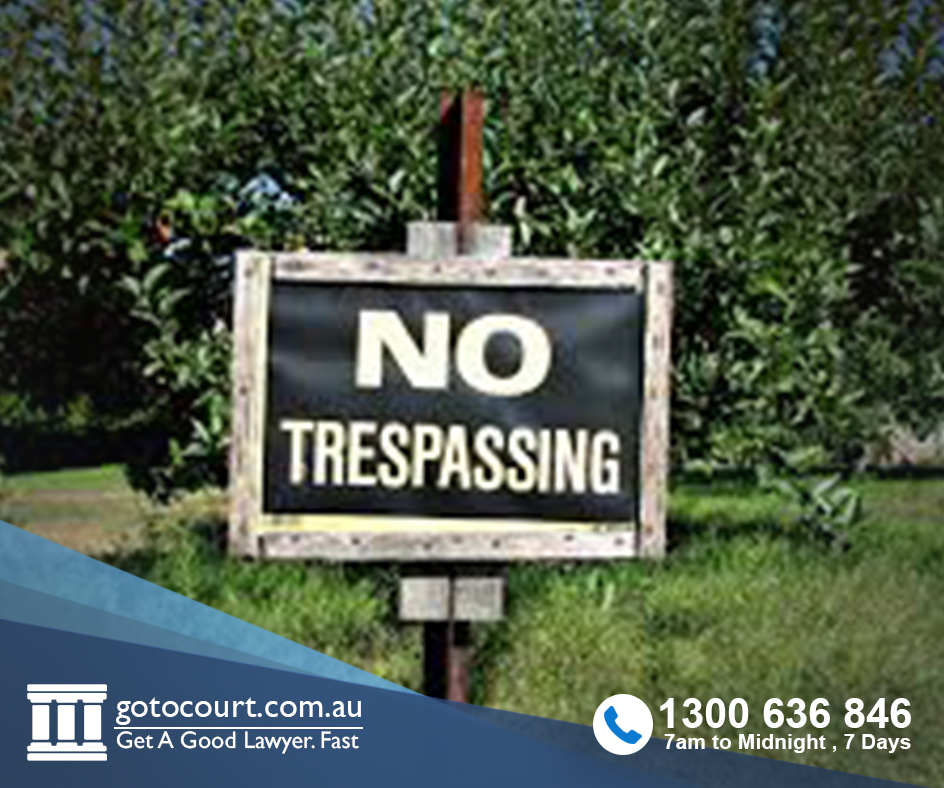Threat to Kill (WA)
Threat to Kill (WA)
The number of people charged with making threats to kill and threats to cause injury has almost tripled in Australia in the past decade. Arguments get out of hand and one or both parties makes a threat as to the life or safety of the other person. A threat to kill can be made in the heat of the moment with no actual intent or can be an actual threat to cause serious harm.
In the age of Facebook, Twitter and Instagram, offenders are increasingly taking to social media to convey threats, but in the most disturbing cases estranged parents have instructed children to pass on death threats to their mother or father. This is understandably harmful to the child and the recipient parent and the seriousness of such an offence is reflected in sentencing.
The offence of making a threat to kill
The offence of making a threat to kill is contained in Section 338B(1) of the Criminal Code Act Compilation Act 1913. In Western Australia, the offence of making a threat to kill carries a maximum penalty of imprisonment for seven years. In a case where the threat to kill is racially motivated, the maximum penalty is 14 years.
To find a person guilty of making a threat to kill, the prosecution must prove that:
(a) A threat to kill was made;
(b) That it was made to a person;
(c) The threat was unlawful;
(d) The intention was to make the other person fearful; and
(e) The victim believed the threat.
Actions which may constitute a threat to kill can include:
- Writing on a mirror in someone’s home;
- Telling a third party;
- Sending a letter;
- Sending a text; or
- Writing on a person’s Facebook page.
Express or implied
A person may be found guilty of making a threat to kill whether the threat was express or implied. The test for whether something constitutes a threat is an objective test. In the 1978 decision of R v Zaphir, Chief Justice Wanstall told the jury that a threat used in the ordinary English meaning would arouse “some sort of indication or intention to cause harm or damage” and the threat “must be of such a nature and extent, that the mind of an ordinary person of normal ability might be influenced or made apprehensive so as to accede unwillingly to the demand.”
In the 1995 decision of R v Leece, Justice Higgins said “One may infer from.. [q]uotations, that to be a threat to kill, the phrase must convey objectively…[t]o the relevant person or listener that they propose to kill the relevant person or listener.”
District Court offence
The law considers making threats to another person’s life so serious that these charges of making a threat to kill must be dealt with on indictment in the District Court of Western Australia. While there is a proposal to make the offence of threat to kill an ‘either way’ offence, meaning it could be heard in the District Court or in the Magistrates Court, such offences can currently only be heard in the District Court.
It is unusual for a threat to kill to be the only offence with which a person is charged. Often this offence is charged together with an assault charge and/or a charge of criminal damage.
Defences
If you are charged with making a threat to kill, it would be prudent for you to discuss the circumstances that surround your case with a lawyer to determine whether there are defences available to you. Defences that may be open to an accused charged with making a threat to kill include duress, wrongful identification and an absence of intention that the threat be taken seriously.
If you need legal advice please contact Go To Court Lawyers.

Affordable Lawyers
Our Go To Court Lawyers will assist you in all areas of law. We specialise in providing legal advice urgently – at the time when you need it most. If you need a lawyer right now, today, we can help you – no matter where you are in Australia.How It Works




1. You speak directly to a lawyer
When you call the Go To Court Legal Hotline, you will be connected directly to a lawyer, every time.

2. Get your legal situation assessed
We determine the best way forward in your legal matter, free of charge. If you want to go ahead and book a face-to-face appointment, we will connect you with a specialist in your local area.

3. We arrange everything as needed
If you want to go ahead and book a fact-to-face appointment, we will connect you with a specialist in your local area no matter where you are and even at very short notice.




















